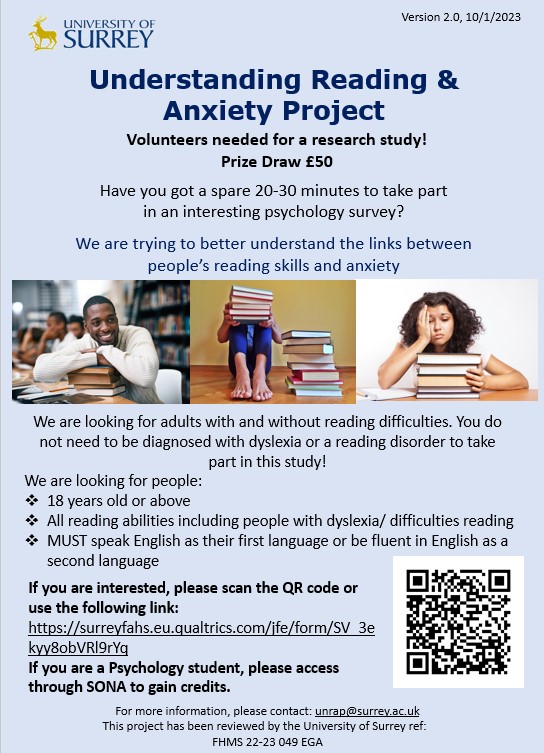New service – parental coaching for children with anxiety
Children with dyslexia often experience anxiety. For a parent, this can be very stressful. Our new service is a one-to-one, tailored consultation between parents and our professional coaches. These coaches are registered with the Association for Coaching and with the British Psychology Society and they will provide expert support for you to become confident that you can support your child in overcoming anxiety and building self-esteem.
Find out more here.











